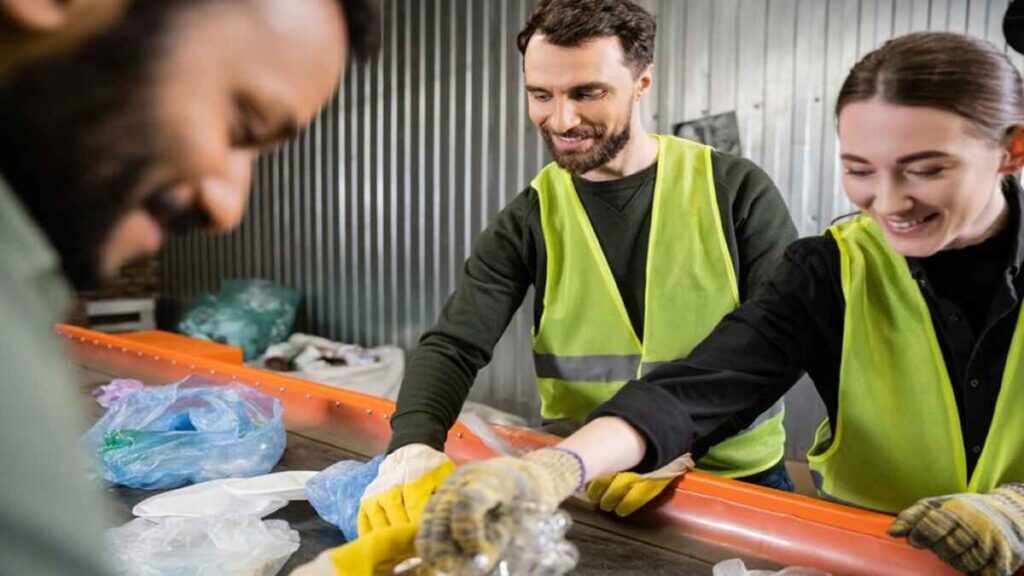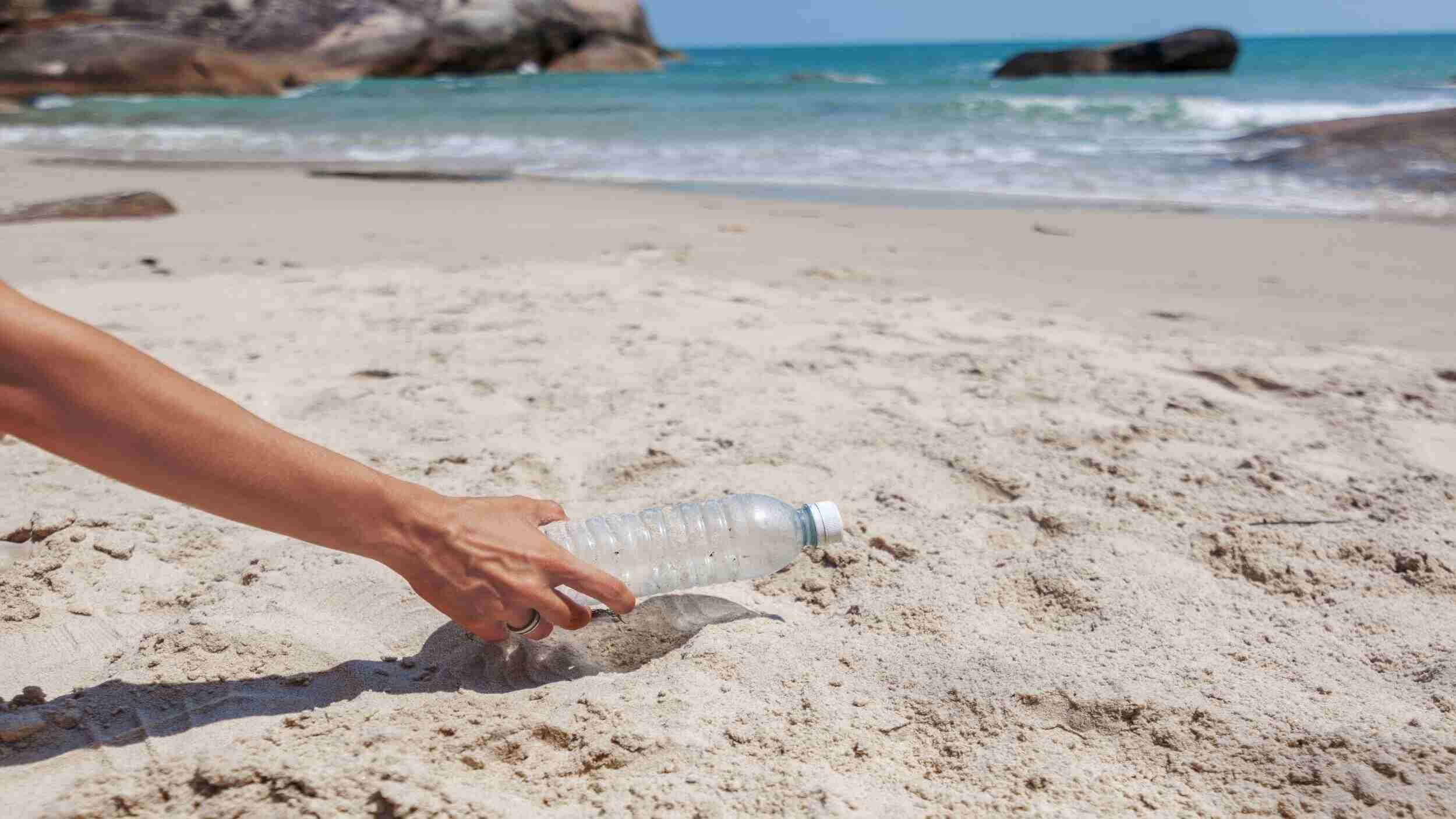
Beach clean ups have become increasingly vital in our pursuit of sustainable travel and environmental conservation. As we explore the world’s coastal destinations, taking part in these initiatives offers a meaningful way to protect the marine ecosystems we cherish. This comprehensive guide examines why cleaning the beach matters and how you can make a difference through active participation.
Beach clean ups: Cornerstone of Sustainable Travel
Let me share my personal connection to coastal conservation. While guiding travellers to hidden coastal gems and snorkelling havens, I’ve witnessed firsthand how marine litter can transform pristine shores into waste-covered landscapes. As a result, nothing dampens the spirit quite like discovering plastic bottles strewn across Bali’s otherwise picturesque beaches or finding debris along Australia’s magnificent coastlines.
The personal impact of coastal pollution
My heart sank upon seeing stunning natural areas marred by human carelessness. Just as we advise leaving only footprints when visiting natural spaces, I believe we should equally commit to cleaning beaches whenever possible. In fact, this ethos drives my passion for joining coastal cleanup efforts wherever my travels take me, from Greece’s Mediterranean shores to Nova Scotia’s rocky coastlines.
The sight of marine creatures struggling with human waste—like turtles entangled in fishing lines or seabirds with plastic-filled stomachs—reinforces the urgency of beach clean ups regularly. Even though the waste problem feels overwhelming at times, I take solace knowing that through collective action, we can nevertheless substantially reduce this human-caused crisis.
When you participate in beach clean ups, you directly improve marine environments while raising crucial awareness about pollution. Your dedicated actions protect those pristine destinations we all dream of experiencing. On the whole, unlike some environmental issues that seem distant or abstract, cleaning up beaches offers immediate, tangible results you can see and feel proud of accomplishing.

How Beach clean ups Raise Environmental Consciousness
The wonderful thing about beach clean ups is the diverse group of people you’ll meet—locals, tourists, children, adults—all united by a common purpose. As a matter of fact, these gatherings create perfect opportunities for spreading knowledge about ocean pollution beyond just those physically collecting rubbish.
Education through cleanup participation
One particularly effective approach involves engaging participants through interactive activities during the cleaning up beaches event. While most people understand littering harms the environment, many don’t fully comprehend the devastating impacts on marine ecosystems. In essence, by incorporating educational elements into clean the beach, organisers transform a simple rubbish collection into a powerful learning experience.
I’ve watched children become passionate ocean advocates after discovering how plastic straws harm sea turtles during a beach clean. These moments of realisation often spark lasting behavioural changes, from refusing single-use plastics to choosing sustainable products. In contrast to abstract environmental lectures, the ripple effect extends far beyond the actual cleanup day.
The connections formed during these events frequently lead to ongoing community initiatives. After all, participants inspired by their experience cleaning up beaches often become environmental ambassadors in their daily lives, influencing friends and family to adopt more conscious habits. Subsequently, this multiplication effect amplifies the impact of each beach clean ups exponentially.
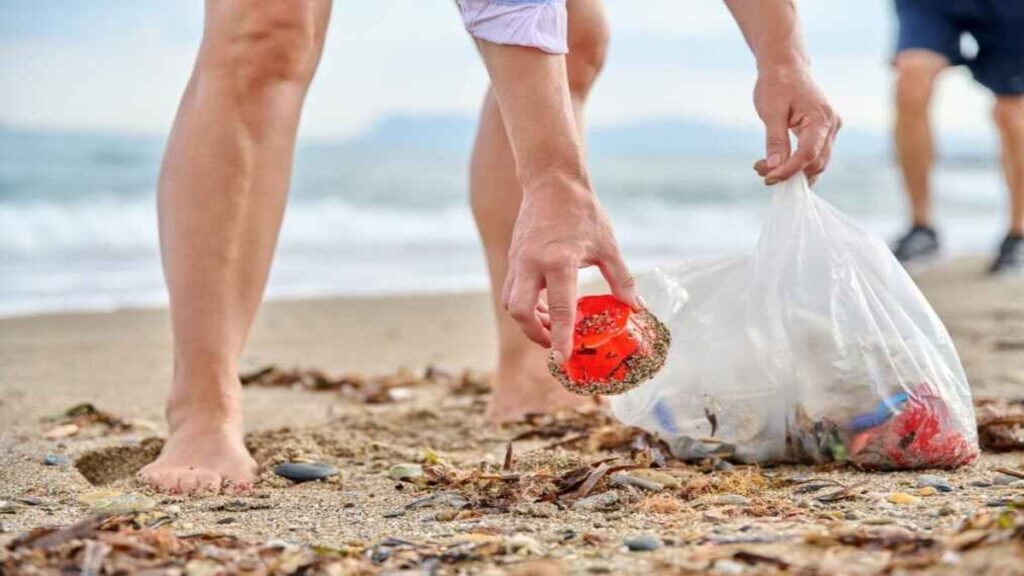
Beach clean ups: Preventing Ocean Debris at Its Source
Ocean currents constantly deposit litter onto coastlines worldwide. While this might initially seem unfortunate, it actually presents an opportunity for intervention before debris returns to open waters. In particular, by clean up the beach, we interrupt the cycle of marine pollution at a critical juncture.
Marine ecosystem protection efforts
The dangers posed by coastal waste extend to both marine and terrestrial creatures. For instance, sea turtles mistake plastic bags for jellyfish, birds feed plastic fragments to their chicks, and shore animals become entangled in discarded fishing gear. In this way, each item removed during beach clean ups potentially saves wildlife from suffering these tragic fates.
Perhaps most concerning is how plastics never truly biodegrade but instead fragment into microplastics—tiny particles that infiltrate the entire food chain. Above all, these microscopic pollutants eventually reach our dinner plates through contaminated seafood, creating health concerns for human populations as well. Consequently, beach clean ups initiatives thus protect not just marine ecosystems but public health too.
By dedicating time to clean a beach, you’re preventing tonnes of waste from re-entering ocean ecosystems where it causes maximum harm. Generally speaking, your efforts directly reduce suffering for countless marine creatures while simultaneously protecting human communities dependent on healthy seas for sustenance and livelihoods. To put it differently, each piece of litter collected represents a small victory for marine conservation.
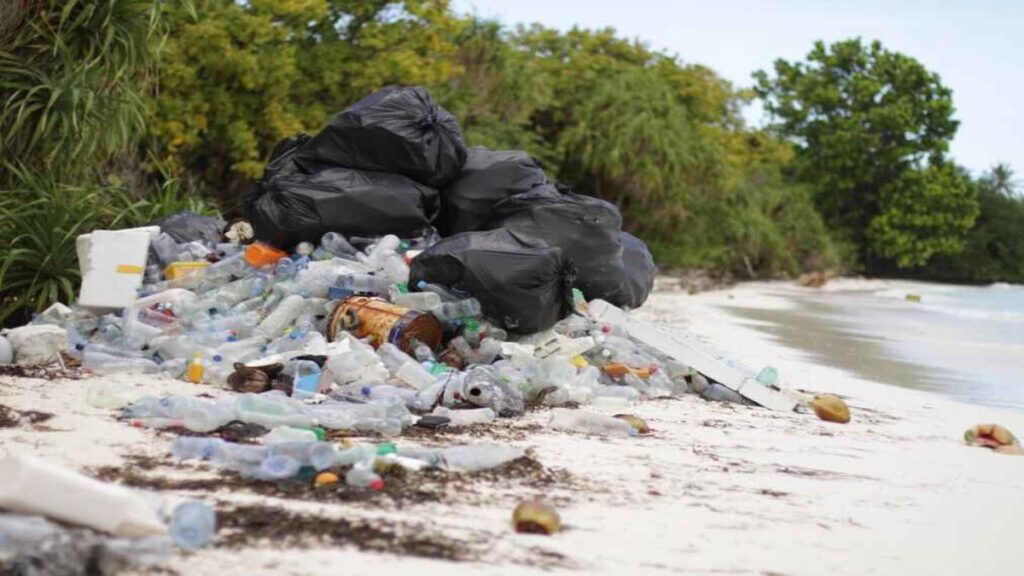
Underwater Aspects of Beach clean ups
Marine organisms deserve to live in their natural habitats without human debris compromising their existence. Seahorses should cling to vibrant coral reefs rather than discarded face masks, while whales ought to migrate freely instead of becoming entangled in abandoned “ghost nets” from fishing operations.
Diving to remove marine pollution
I vividly recall diving in once-pristine waters only to find plastic bags drifting like spectral jellyfish among confused marine life. These underwater beach clean ups remove dangerous objects from marine environments, creating safer spaces for ocean creatures to thrive as nature intended.
Beyond physical entanglement risks, underwater debris exposed to sunlight gradually breaks down, releasing harmful chemicals that poison surrounding waters. These toxins threaten not only marine species but eventually human health through contaminated seafood consumption. Underwater aspects of beach clean ups thus address both immediate physical hazards and long-term chemical pollution.
Your participation in underwater clean up the beach activities directly improves marine habitats by removing these pervasive threats. Even collecting seemingly small items makes a significant difference—that single plastic straw might otherwise end up lodged in a sea turtle’s nostril, causing immense suffering. Every piece matters in the collective effort to restore ocean ecosystems.
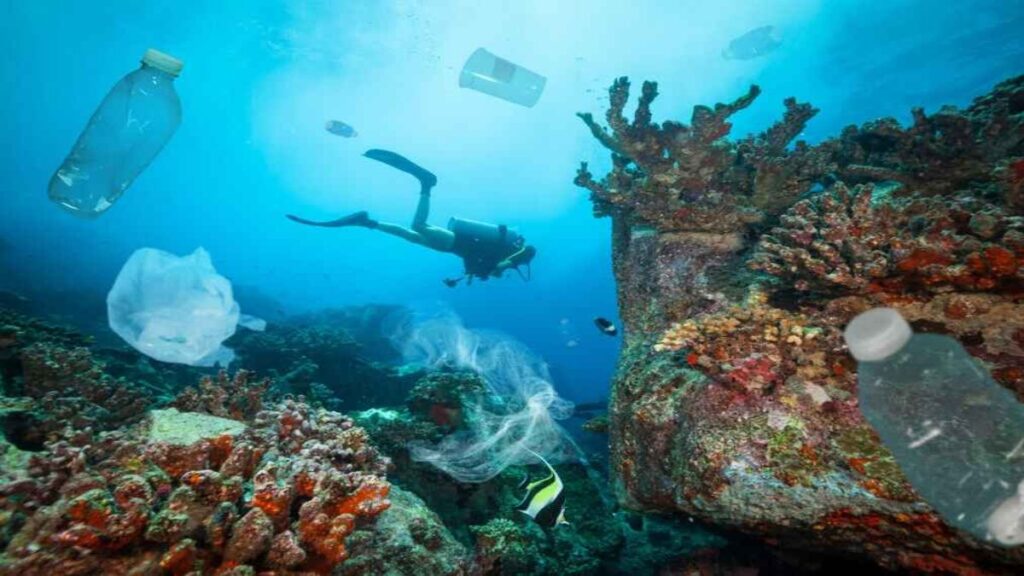
Beach clean ups: Supporting Community Wellbeing
Living near litter-strewn coastlines affects community health in multiple ways. Beyond obvious injury risks from broken glass or rusted metal, toxic chemicals leaching from discarded materials contaminate local water sources, creating widespread public health concerns for coastal populations.
Beach clean ups for mental wellness
Studies consistently show that waste-filled environments negatively impact mental wellbeing, fostering feelings of hopelessness and diminished community pride. Conversely, clean, natural spaces promote positive psychological outcomes and stronger social connections among residents. The transformation through beach clean ups thus extends beyond environmental benefits to enhance community vitality.
When organising beach clean ups events, local participants often discover renewed appreciation for their coastal landscapes. These collective experiences strengthen community bonds while instilling shared environmental values that persist long after the cleanup concludes. Such social cohesion proves particularly valuable in facing future environmental challenges.
The visible improvements from cleaning up beaches create immediate gratification that motivates continued environmental stewardship. Witnessing a littered shoreline transform into a pristine beach through collective effort generates powerful emotional rewards, reinforcing positive behaviours and encouraging ongoing participation in conservation initiatives throughout the community.

How Beach clean ups Enhance Local Economies
Coastal communities worldwide depend heavily on tourism revenue for economic survival. From seaside restaurants to tour operators, these businesses require attractive, clean beaches to draw visitors seeking picture-perfect vacation experiences. Nobody chooses destinations known for pollution and debris over pristine alternatives.
Tourism benefits from coastal cleanup efforts
The economic impact of clean coastal areas extends beyond direct tourism spending. Beautiful beaches featured in visitors’ social media photos serve as free marketing, attracting additional tourists inspired by these authentic recommendations. This positive exposure creates a virtuous cycle benefiting local economies through increased visitation.
I’ve observed struggling coastal towns transformed through consistent beach clean ups. As beaches become cleaner, tourism gradually increases, creating jobs and generating income for local residents. The investment in cleaning beaches pays dividends through sustainable economic development connected to natural resource preservation.
Your participation in coastal beach clean ups activities thus supports local livelihoods while protecting environmental assets. By simply removing rubbish, you help create conditions where tourism-dependent communities can thrive economically without sacrificing their environmental heritage. This harmony between economic prosperity and conservation represents sustainable development at its finest.

Data Collection Through Beach clean ups
The scientific value of beach clean ups extends beyond the immediate removal of waste. Modern coastal cleanup uses sophisticated tracking tools like Clean Swell and Dive Against Debris apps, enabling volunteers to systematically document each item collected. This meticulous data gathering transforms casual cleanup efforts into valuable scientific research.
Using cleanup data for policy change
When analysing collected information, patterns emerge revealing predominant waste sources and most common items. These insights help policymakers develop targeted interventions addressing specific pollution problems rather than implementing generic solutions. Your participation thus contributes to evidence-based environmental management with lasting impact.
The visual impact of sorted waste piles often creates powerful “aha moments” for participants. Seeing the sheer volume and composition of beach litter firsthand motivates personal consumption changes more effectively than abstract statistics ever could. This awareness frequently sparks lifestyle shifts toward reduced waste production.
Beyond influencing individual behaviour, beach clean ups data supports advocacy for systemic change. When consistent findings demonstrate particular products dominating marine debris, this evidence can pressure manufacturers to redesign packaging or support legislation banning problematic items. Your documentation efforts potentially influence corporate practices and public policy with far-reaching environmental benefits.
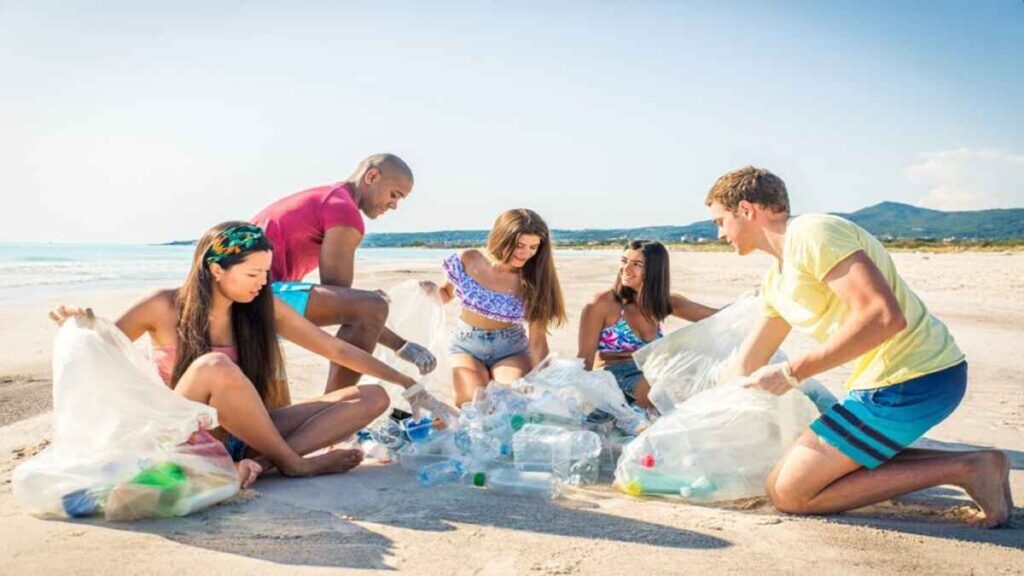
Waste Management Aspects of Beach clean ups
The responsible handling of collected waste represents a crucial component of effective beach clean ups operations. Rather than simply transferring rubbish from coastlines to landfills, proper sorting enables recycling, upcycling, and appropriate disposal based on material characteristics. This comprehensive approach maximises the environmental benefits of cleaning up the beach.
Ways to reuse collected materials
I particularly enjoy discovering creative repurposing opportunities for interesting items found during coastal cleanup events. From transforming fishing nets into fashion accessories to repurposing driftwood into artwork, these upcycling initiatives give waste materials new life while raising awareness through tangible examples of circular economy principles.
The complete lifecycle of waste management during beach clean ups activities demonstrates sustainable practices to participants. These experiences often inspire broader adoption of recycling habits and waste reduction strategies in daily life, extending the environmental impact far beyond the cleanup event itself. Knowledge gained about proper disposal methods creates lasting behavioural change.
While beach clean ups addresses symptoms of pollution, the most effective approach combines remediation with prevention. By encouraging reduced consumption alongside cleanup efforts, we address both existing waste and future pollution simultaneously. This holistic strategy offers the greatest hope for long-term marine ecosystem recovery and protection.
Through dedicated participation in beach clean ups initiatives, each of us contributes meaningfully to ocean conservation while inspiring broader environmental consciousness in our communities. I genuinely believe these collective efforts, however modest they might seem individually, create significant positive impact when united in common purpose.
